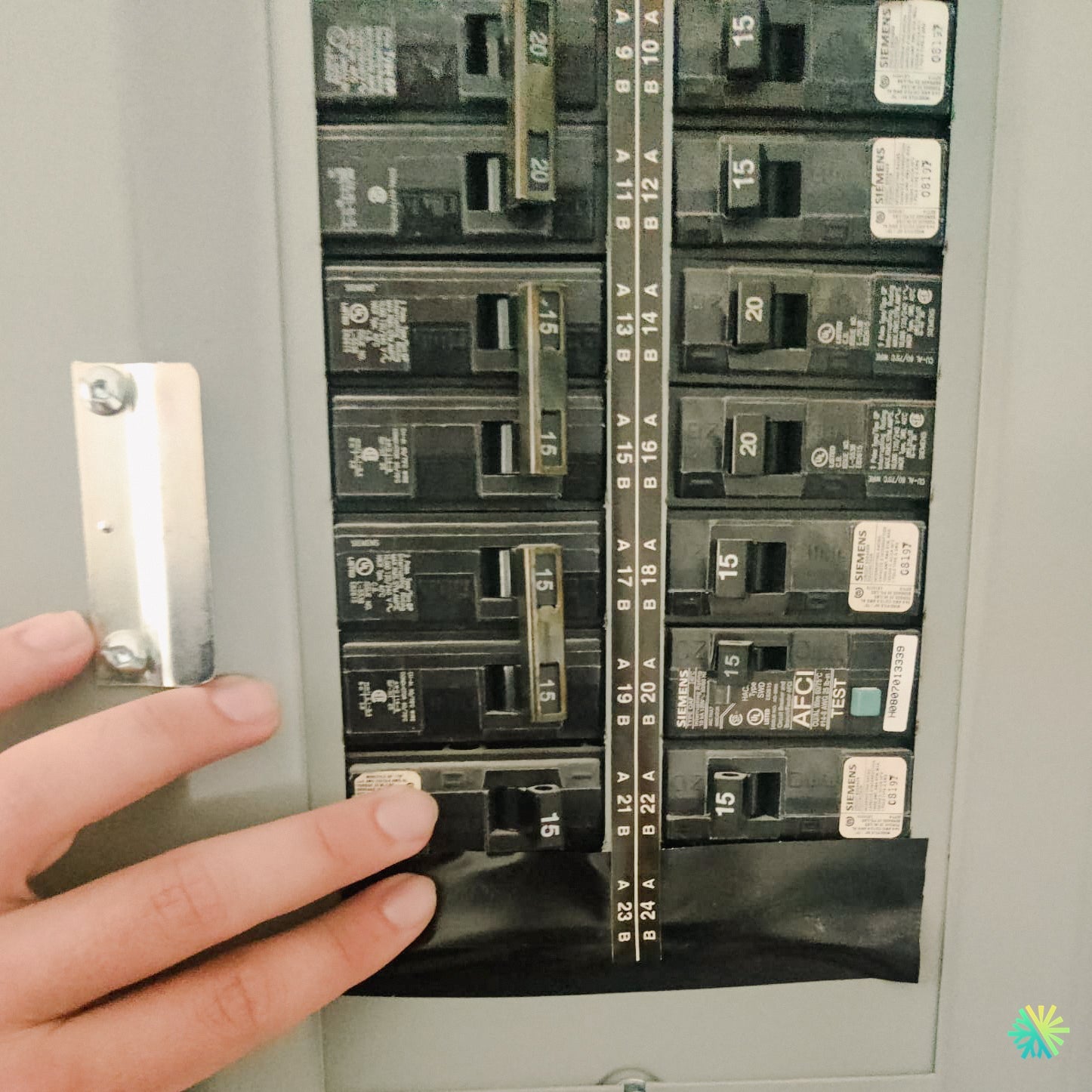A Quebec winter can be harsh, but what makes it even more challenging is a power outage in the middle of January. When the grid fails and the cold sets in, keeping your home warm becomes a critical issue. At AirGreen, we know that the best defense against these high-risk situations lies in strategic preparation, a reliable heating system, and effective backup solutions. In this article, we guide you through best practices to adopt, mistakes to avoid, and how to ensure your family's thermal comfort, even during an extended blackout.
Understanding the Risk: Why Winter Power Outages Are So Critical
In Montréal, Laval, Longueuil, on the North Shore and the South Shore, winter brings storms, freezing rain, and extreme temperatures. When the power grid is under pressure, outages lasting several hours—or even days—aren’t uncommon.
And when your heating system runs solely on electricity, things can get serious very fast:
-
Indoor temperatures can drop dangerously
-
Pipes can freeze
-
Vulnerable people are at high risk
-
HVAC systems may malfunction or break down
As specialists in heating and emergency HVAC solutions, we've seen many homes struggle through these events without a backup plan. Our job is to help you avoid that.
Which Heating Systems Keep Working During a Power Outage?
It all comes down to the power source behind your system. Here's a breakdown of your main options:
1. Wall-mounted or Central Heat Pumps Powered by Electricity
These systems are very popular, especially the models we install like Fujitsu, Gree, Bosch, or Sharp heat pumps. They’re highly energy-efficient, but shut down immediately when the power goes out. That’s why a backup power source is essential.
2. Natural Gas or Propane Heating Systems
Combustion-based heating systems, like gas or propane furnaces, can sometimes keep running during an outage—provided they don’t rely on an electric blower or control system. In reality, most of them still require a minimum power supply (for thermostats or electronic controls), which makes a generator nearly always necessary.
3. Wood or Pellet Stoves
These are great options for standalone heating. Wood-burning fireplaces can heat large areas without electricity. However, they require significant logistics (wood storage, chimney maintenance) and aren’t suited to all types of homes.
4. Home Generator: The Essential Backup
At AirGreen, we often recommend a home generator to clients whose only heating source is electric. It ensures:
-
Your heat pump keeps working during an outage
-
You maintain a minimum indoor temperature
-
Your essential devices (fridge, sump pump, etc.) stay powered
We also offer automation solutions so the system switches to backup mode automatically.
What We See in the Field: Real AirGreen Interventions
Sainte-Rose, Laval – January 2024: Fujitsu Heat Pump with Generator
A client contacted us after an 18-hour power outage during a storm. Their Fujitsu KZAH R-32 heat pump had just been installed by our team, and they needed a reliable backup system. We installed an automatic-start generator that powers all critical circuits, including the HVAC system. Since then, they’ve made it through every winter storm stress-free.
Longueuil – February 2023: System Failure Without a Backup Plan
A family with a Gree Extreme wall-mounted heat pump endured two full days without heat. When we visited, we recommended installing a small gas stove connected to a separate thermostat. This system now provides dual redundancy: if Hydro-Québec fails, gas takes over.
Practical Tips to Prepare Your Home
Evaluate Your Current System
Take time to check:
-
What’s your main heating source?
-
Does your system rely 100% on electricity?
-
Do you have a backup plan (generator, auxiliary heating, etc.)?
Invest in a Backup Solution
Depending on your situation, we recommend:
-
Gasoline or propane generator
-
Gas or wood stove
-
High-capacity backup battery, for more advanced setups (smart homes)
Optimize Your Insulation
A well-insulated home retains heat longer. This extends your comfort and reduces pressure on your backup systems. AirGreen offers thermographic evaluations to detect areas of heat loss.
Why Trust AirGreen?
At AirGreen, we’re more than just an HVAC installer. We’re your trusted partner in managing your home’s energy strategy. By anticipating outages and offering smart hybrid solutions, we protect your comfort no matter what the electrical grid does.
Our certified technicians serve Montréal, Laval, Longueuil, the North Shore, and the South Shore. We have the expertise to assess your needs, recommend efficient equipment, and integrate backup systems tailored to your lifestyle.
Key Takeaways: Be Proactive, Not Reactive
-
Don’t rely exclusively on electricity to heat your home in winter.
-
Install a generator or auxiliary heating system before the next storm hits.
-
Ask our AirGreen experts for a personalized consultation.
We firmly believe that a well-prepared home is a worry-free home. Don’t wait for the temperature to drop below zero to act.

